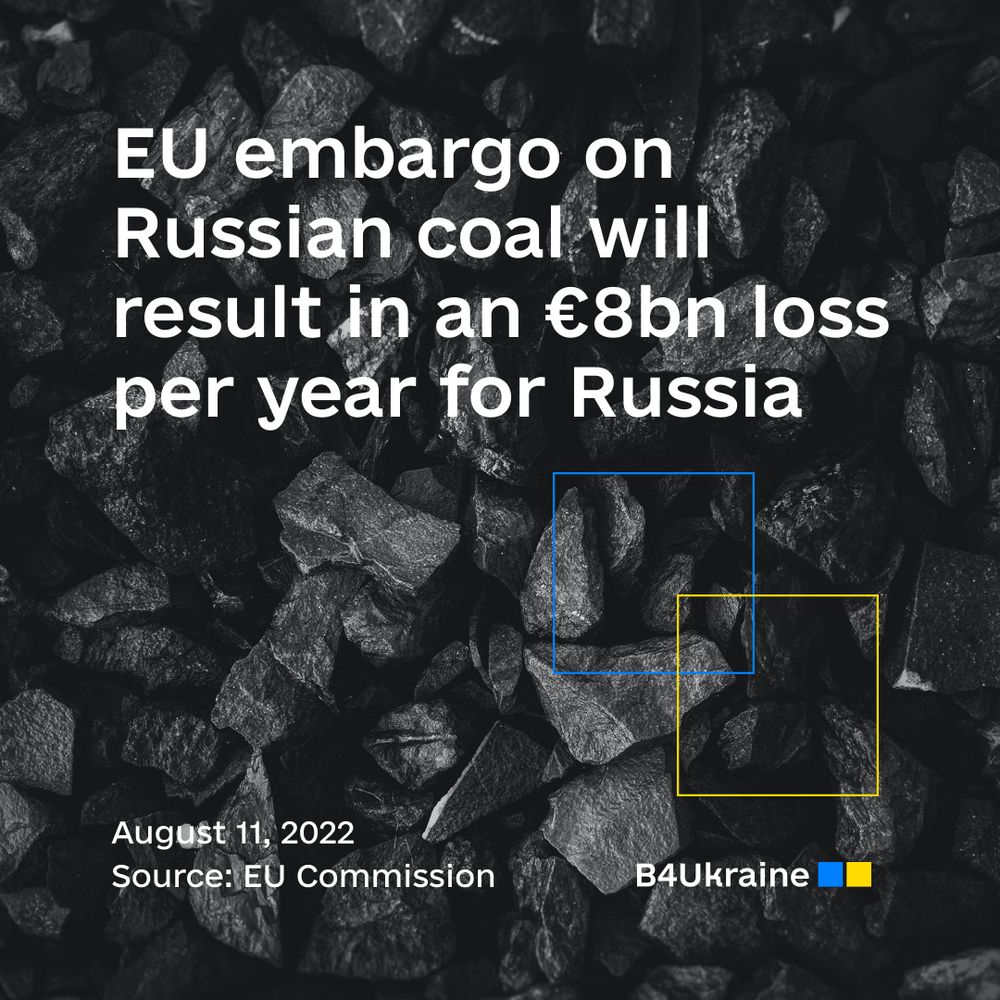
An EU ban on Russian coal imports came into effect at midnight on August 11, 2022, as part of the fifth package of sanctions designed to deprive Moscow of fossil-fuel revenue. While Europe keeps discussing the necessity to cut imports of Russian energy resources, the coal ban is the first to kick in.
EU countries will no longer be allowed to buy Russian coal, which will affect one-fourth of all Russian coal exports, amounting to around €8 billion ($8.3 billion) loss of revenue per year for Russia, the EU Commission estimates. Overall, coal exports are of big importance to the Russian budget. In 2021, Russia exported nearly 211 million tons of coal earning nearly $17.6 billion.
Unfortunately, there are still countries that treasure cheap energy more than protecting human lives and rules-based order. The latest example is India. The country has been seen increasingly using Asian currencies to buy coal from Russia.
Most of the international trade the country conducts is in US dollars and it is not illegal for India to buy Russian coal in American currency. But to ensure it will get around Western sanctions, India opted to use the Chinese yuan for coal deals with Russia.
Russia became India’s third-largest coal supplier in July 2022 with imports rising by more than a fifth compared to June to a record 2.06 million tonnes. Switching to Asian currency allows the country to continue making deals with the aggressor country in the future as well.
Looking at how some of the global players continue to do business with Russia only emphasizes the need for the democratic world to stick together and enforce restrictions imposed on Russia, not allowing any disruption of unity in face of Russian unprovoked aggression. It is even more important given that the next sanctions on the table are on oil and gas.